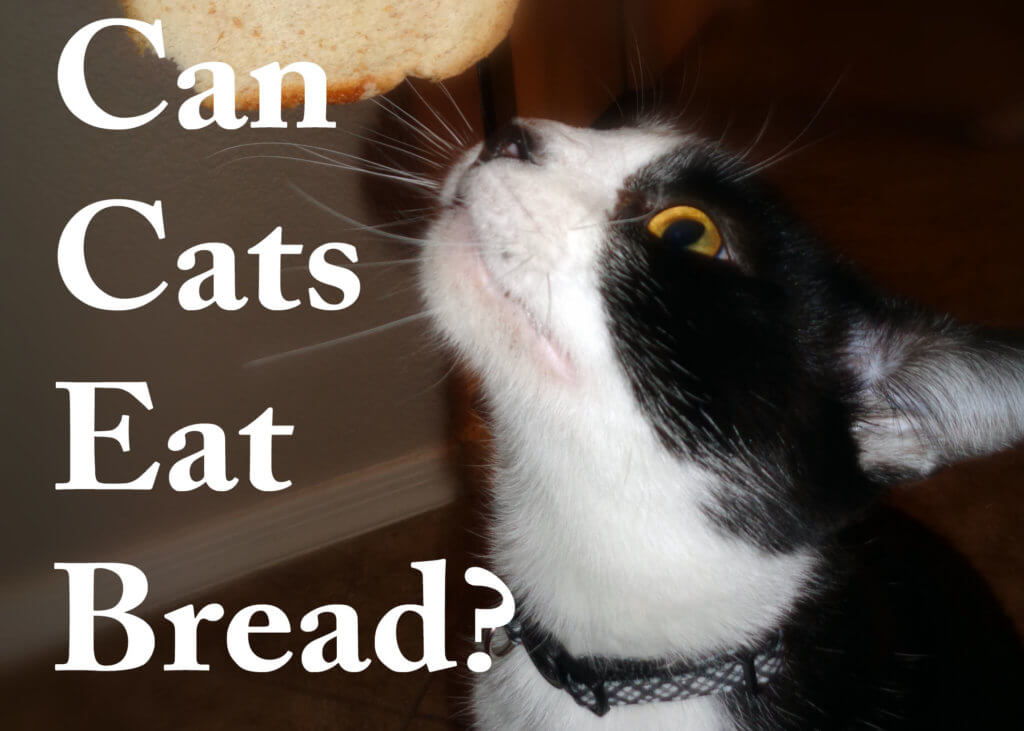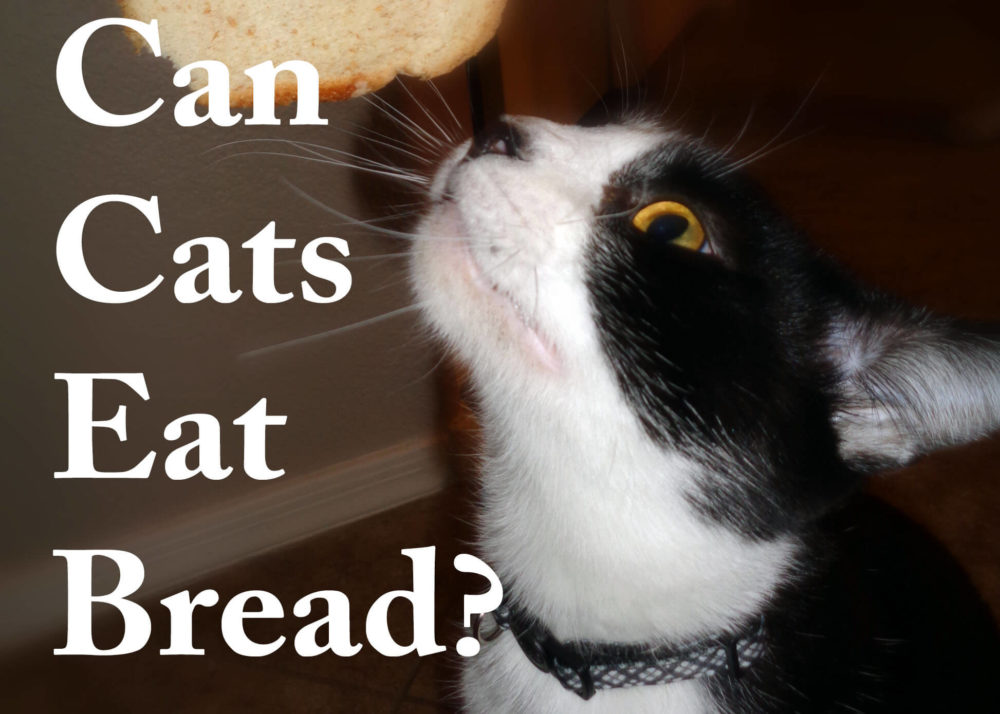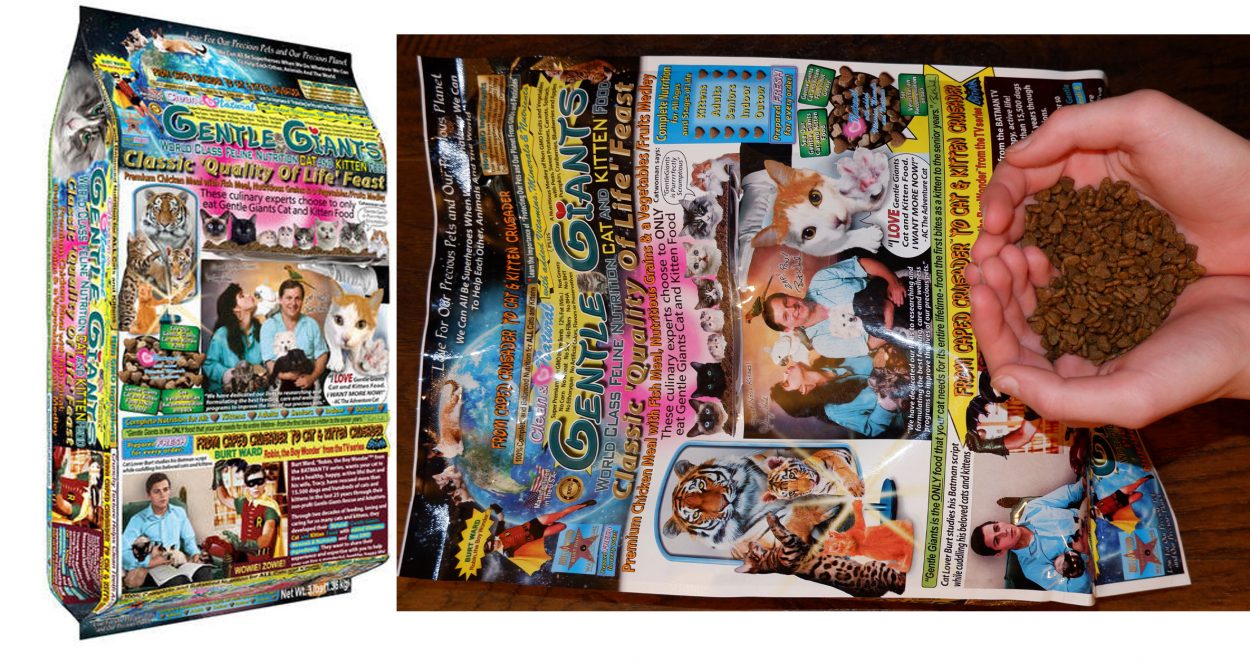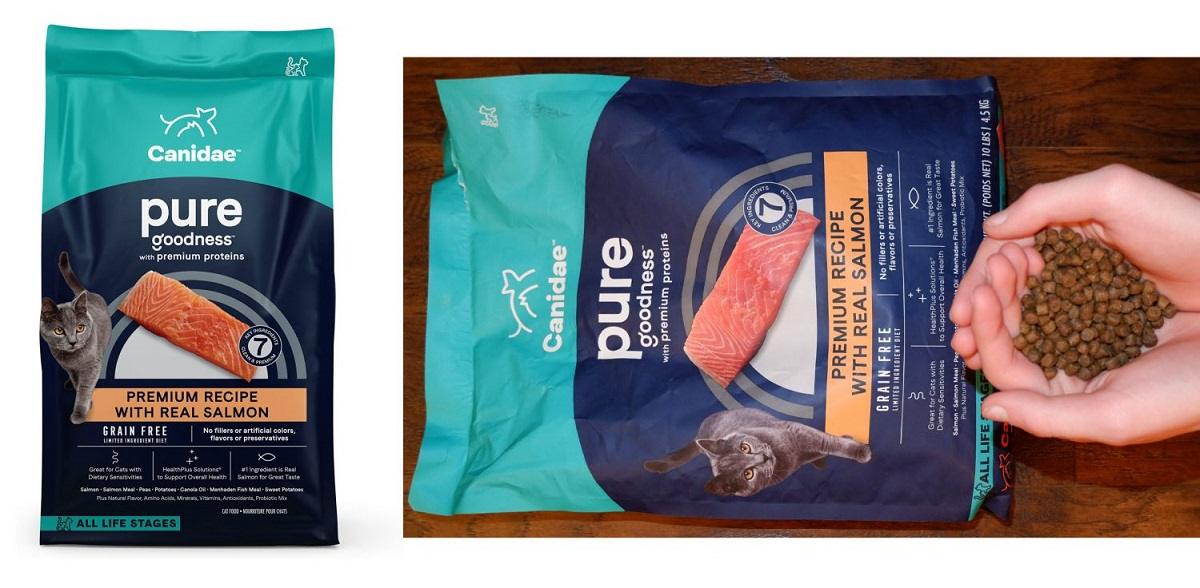Can Cats Eat Bread?
This page contains affiliate links. We may earn money or products from the companies mentioned in this post through our independently chosen links, which earn us a commission. Learn More

But can cats eat bread? In this article you will find out.
It is popular in being served at any meal of the day as well as a part of many traditions both sacred and secular .
Up to the 19th century, bread sold in Europe was often adulterated with hazardous materials, including chalk, sawdust, alum, plaster, clay and ammonium carbonate.
More recently, and especially in smaller retail bakeries, chemical additives are being used to speed up mixing time and reduce necessary fermentation time, so that a batch of bread may be mixed, made up, risen, and baked in fewer than three hours.
Is Bread Bad For Cats?
Bread is not a something you should feed your cat, it is a staple food prepared from a dough of flour and water, usually by baking.
Commercial bread commonly contains additives to improve flavor, texture, color, shelf life, nutrition, and ease of manufacturing.
Nutritionally, bread is categorized as a source of grains in the food pyramid and is a good source of carbohydrates. It also provides proteins and nutrients such as magnesium, iron, selenium, B vitamins, and dietary fiber.
It is usually made with wheat, but can be made from just about any grain. Wheat is the only grain with gluten, which is important for a risen loaf of bread.
Do Cats like Bread?
Although it’s not palatable for all cats, some cats do like the taste of bread. It’s packed with salt and sugars which might make it appealing for some cats to eat as a treat
Dangers Of Feeding Bread To Cats
Cats are carnivores and get the majority of their required nutrition from meat.
Bread does not really have a place in a cats diet and they get no nutritional value from eating it and could be potentially harmful for cats with kidney or heart disease.
Is Bread Healthy For Cats?
Bread is NOT considered to be a healthy food for cat. Having that said, a small piece of bread will not hurt your cat, as long as he is healthy, at a lean body weight and has no medical conditions.
Can Cats Digest Bread?
Bread can have a high salt content, which is not good for cats with heart or kidney disease.
Bread dough, on the other hand, can be extremely dangerous to cats. If your cat eats bread dough before it rises and bakes, the warm and moist environment of their stomachs will cause the bread to continue rising.
This can stretch the abdomen, causing intestinal blockage and leading to severe pain. Blood flow and breathing can also be affected if this occurs.
In addition, the yeast from the dough can cause sugars in the cat’s stomach to ferment, which can put your cat at risk of alcohol poisoning.
If your cat displays symptoms consistent with drunkenness and disorientation, call the vet right away. Surgery maybe needed to remove the bread dough from your cat’s intestinal system.
Other Foods Cats Should Not Eat
Any food not specifically designed for cats can affect the digestive system, causing vomiting, diarrhea, or loss of appetite. In addition to bread, here are some other foods cats should not eat.
- Chocolate
- Cheese
- Milk
- Raw eggs
- Raw fish
- Grapes
- Coffee
To learn more about foods cats can not eat and some they can, check out: Foods Cats Should Not Eat: And Some They Can.
Conclusion
There is no real benefit for cats eating bread, and the high sugar and salt content can actually do more harm than good.
If your cat gets a hold of some bread, a tiny bit should not harm him, but there is no nutritional reason to offer bread.
Under no circumstances should you ever provide your cat with bread dough. If you bake your own bread at home, make sure it is covered while it rises to reduce the chance of your cat sneaking a bite.



